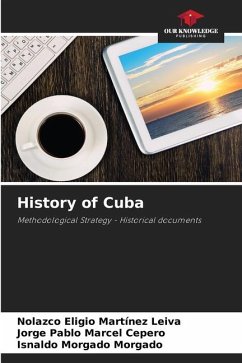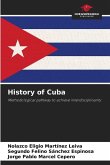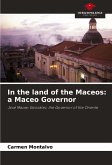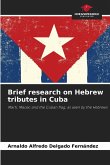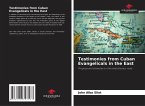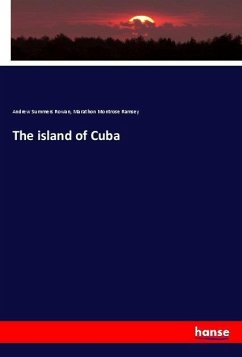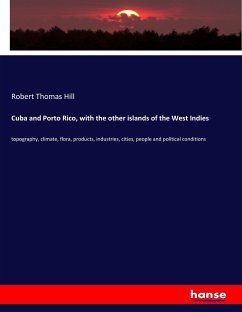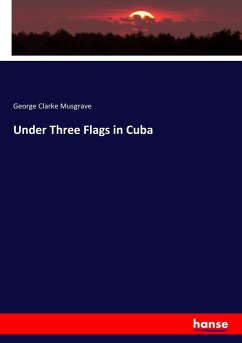The research is developed from the need to strengthen the knowledge of Local History through the classes taught in the subject History of Cuba for fifth grade elementary school students. The diagnosis carried out allowed determining the general theoretical and methodological needs to strengthen the knowledge of Local History in fifth grade students. For this purpose, the following research methods and techniques were used: historical-logical, analytical-synthetic, inductive-deductive, systemic-structural and modeling. Empirical methods and techniques such as: survey, interview, observation, review of normative documents, pedagogical test, bibliographical review and the experimental method (in its pre-experiment variant). From the statistical-mathematical level (percentage analysis and graphs). To satisfy the needs of the diagnosed knowledge of Local History, the multimedia "Knowing our locality" is proposed, it offers texts related to Local History conceived in two stages; primitive community and colony, which integrates: images, videos of the museum and personalities.
Bitte wählen Sie Ihr Anliegen aus.
Rechnungen
Retourenschein anfordern
Bestellstatus
Storno

